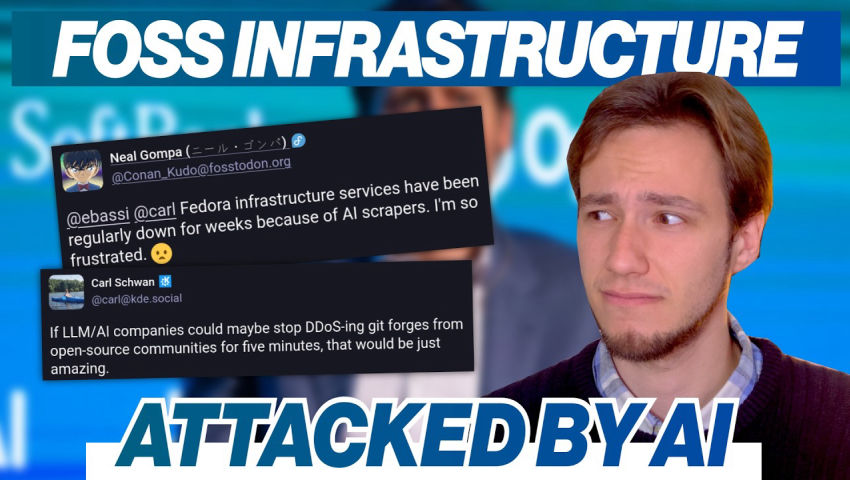

I get it, especially for users that have always been more on the lurking side (and this isn’t judging, that has always been the majority for any platform) - it can be a bit empty. As someone who has been here since 4 years ago (now I’m on a new account on my own instance), the first two years of that basically just visiting every few months out of curiosity, I can slowly see more diverse communities popping up recently, beyond the established strong points of Lemmy (FOSS, Politics, LGBTQ+ memes). And this time, unlike the first Reddit exodus, I have more confidence in them not immediately dying from lack of conviction and activity.
But of course, the sheer gargantuan user count of Reddit comes with many advantages. For many obscure topics, there will still be enough people, that a sufficient amount of “super users” congregate to provide content and moderation, so that lurkers can usually participate and still post sporadically. The latter is of course also a giant advantage, millions of people posting occasionally still provide lots and lots of posts and comments. And of course, it will take a long time and more fuckups for Reddit not simply being “the default” if you want to create a forum for a community around something. (Also, waaay too much of our knowledge is on that platform, we carelessly gave answers to help fellow humans, and now the answers are on Reddit for them to appear in countless internet searches, and for them to do with as they please.)
Where Lemmy currently has its strong suits is enthusiasm of parts of the user base, fewer issues getting noticed at all among the millions of (bot/re)-posts, and where there is activity, I’ve usually seen it panning out being able to handle actual discussions. (Though, lets not kid ourselves, of course the Reddit-like structure also still encourages circle jerks. I don’t even think that is that large of a problem, but it’s a reality.)
If you feel you end up having the energy to keep a community alive through dry spell, sure, be the change you seek, but it’s okay and understandable if you don’t want to invest the energy and work (at the moment). In that case, just stay tuned, check out the communities that pop up in all/scaled or all/new for interesting ones currently getting more traction, the Threadiverse will take a long time before it can replace a giant like reddit, but it has a few good stones for its sling up its sleeve.












This is accurate, am consuming RISC V (news) for the emotional high, temporary bursts of irrational hope and am addicted.